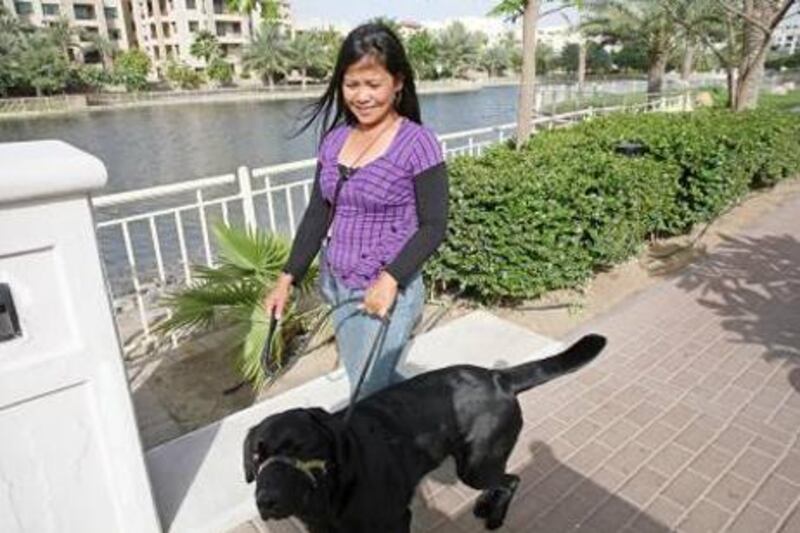When millions of people - and then hundreds of millions - transposed their social networks to the web, they transformed how online connectivity felt and what it could offer. Now, we're all accustomed to the idea that the social connections we make first in the real world will later be represented in the digital world, via sites such as Facebook, LinkedIn, Pinterest (I could go on).
In these strange times, though, it's becoming hard to draw a firm line between our real world and our digital lives. The consequences of that are far-reaching, and one of the most important among them is, surely, our social lives: that is, the processes by which we meet people, interact with them, transact with them, and the rest.
So far, social networking on the web has been (mostly) about virtual representation of existing, real-world social connections. You meet someone at a party, you "Friend" him on Facebook. But what if it could, and should, work the other way around? What if we can use online social networks to create new, and valuable, networks in the real world? What would that look like?
One answer to that question is Nextdoor (www.nextdoor.com), which bills itself as "the private social network for your neighbourhood". US users can provide a full name and address, and gain access to a password protected network covering their neighbourhood: the site, just over a year old, currently spans 8,000 neighbourhoods across the country. Currently, says Nextdoor's chief executive Nirav Tolia, neighbours on the site are exchanging 500,000 messages a day on everything from local events to handyman advice to babysitting. Local governments and police departments are even using Nextdoor to keep local people informed on crime. "The internet has been about building virtual communities," Tolia says. "It's now about strengthening existing physical communities."
Of course, there's something telling about this: we 21st-century digital obsessives appear to need a website to help us meet the people who live next door. After all, local neighbourhoods used to function as social networks all on their own; I refer to the bygone days when people in small-town US actually spoke to, and knew the names of, their neighbours.
But for years now the atomisation of our societies has been such that geographical proximity and social connection have little to do with one another. It's taken online connectivity to change that; to make it possible, once again, for "local community" to really mean something.
Might one of the lasting impacts of online social networking, then, be the resurgence of local community and neighbourhood ties? Sites such as TaskHub (www.taskhub.com) are now allowing users to put online social connections to real-world use by outsourcing daily chores - walking the dog, cleaning the kitchen - to trusted local people; or there's the US-based Food Swap Network (www.foodswapnetwork.com), which allows the local sharing of home-cooked meals. It's neighbourliness, reimagined for the digital age.
So the next time you need to borrow a cup of flour, try online local networking. Just don't be surprised if you find yourself cooking dinner for the whole street.
David Mattin is the lead strategist at www.trendwatching.com
For more trends go to https://www.thenationalnews.com/trends
Follow us
[ @LifeNationalUAE ]





